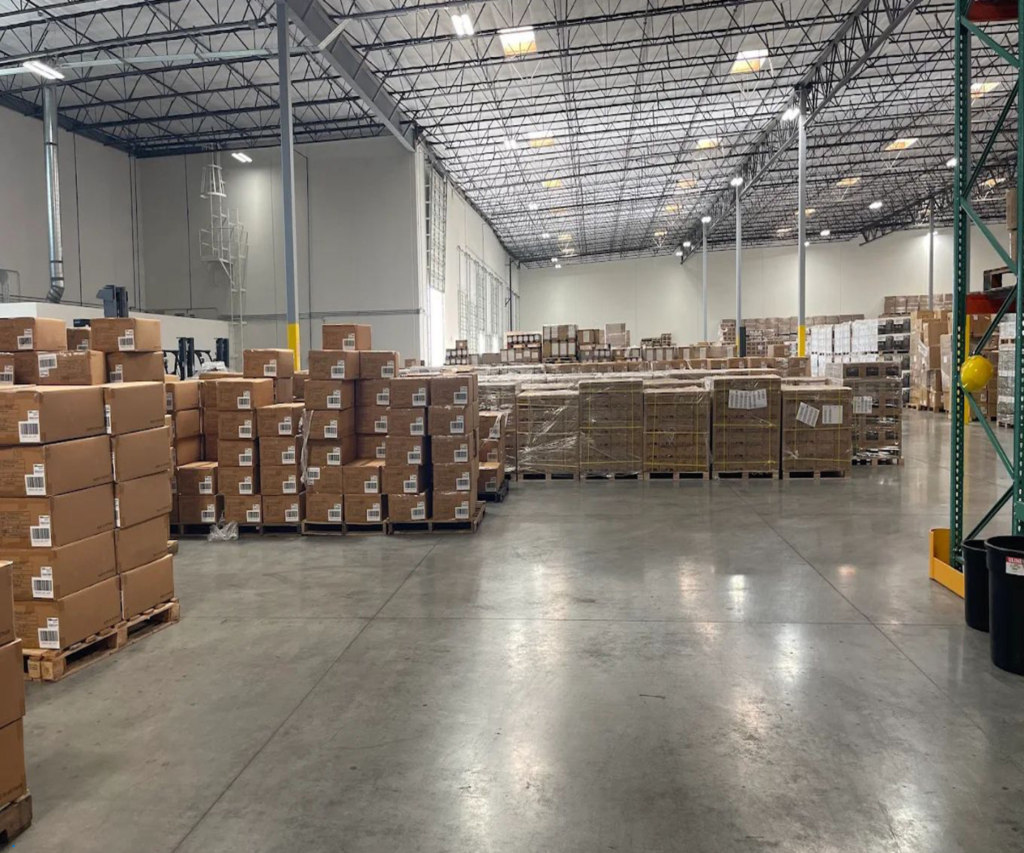Most ecommerce teams feel like they’re fighting fires every day with new problems that need solving and new work needed on the site. It can be hard to balance the act of being proactive where you can, and reactive when it’s needed.
As much as you plan ahead and work closely with your agency to schedule in work, there are always going to be immediate and urgent tasks that need looking at by either your internal team or your ecommerce agency. These could relate to bug fixes, security issues, new legislation or even unexpected demand.
How can you plan for unexpected ecommerce development work?
Have clear priorities and targets
The best way to make sure you can balance your development schedule is to understand what your priorities are.
Once you know which tasks are high priority and which are low priority, you can know what can be pushed back and what absolutely needs to stay scheduled in.
This will make your life a lot easier when unexpected work comes in. You will know what other work can be rescheduled to make room for urgent fixes.
For businesses seeking expert assistance in managing these priorities, exploring a trusted ecommerce development company like Fluid Commerce can be beneficial.
Plan your support retainers in advance
Another way to make sure you can plan for unexpected work is to plan your support retainers in advance with your agency.
Once you have all of your schedule-able upgrades, migrations and improvements planned in advance, you will have an idea of how much time you have left for any reactive work.
For more insight, here are our tips for how to plan support retainers in advance.
Reserve a % of your retainer for reactive work
You should work with your agency to reserve a percentage of your retainer for reactive work so that you can plan your proactive work around this time.
You want to work with your ecommerce agency to set this percentage as it will vary from retailer to retailer. An average amount is 30%.
If you don’t have any time leftover for reactive work, there will always be certain tasks that are forever on the back burner. By having a reserved amount of time for reactive, unexpected work, you can make sure that all of your tasks can be achieved.
Share your ecommerce plan with your agency
There are many retailers who don’t share their ecommerce plans with their agency. Whilst there may be good reasons for doing so, it certainly puts your agency on the back foot when trying to understand your priorities and key upcoming milestones.
If your agency is aware of your targets, products, milestones and marketing campaigns, they can best steer your ecommerce development schedule to fit what you need.
You may be unaware of certain ecommerce challenges that these upcoming plans will bring, but your ecommerce agency will be able to share insight into these challenges with you.
Have a clear testing strategy in place for all development work
If there is no testing strategy for development work, you will likely come across bugs and issues that need fixing regularly – which can quickly eat into your retainer.
Your ecommerce agency should have a testing plan in place for all tickets and work they do, but you may want to implement your own testing process too as a backup.
Your agency may only have a testing plan in place that focuses on technical bugs, whereas you may want to have your own process that looks over messaging issues or impact on marketing campaigns.
Having a testing strategy in place will make sure that you minimise bug fixes and therefore have more time leftover in your retainer for other reactive work.
Make sure you work with a proactive ecommerce agency
One of the biggest concerns that retailers have when working with an agency is wondering if the team will be proactive enough.
Many agencies don’t plan well in advance and don’t give proactive recommendations. At Fluid, we work closely with our clients to offer recommendations, insights and advice on how to best maximise success on their ecommerce sites. However, many others don’t offer this as part of their support retainer.
A proactive agency will put you in the best position when balancing proactive, predictable work and reactive, unexpected work.
A successful agency will be an additional member of your ecommerce in-house team, to advise and support. Take a look at these questions you should ask when looking for a Magento support agency (which also works for looking for a Shopify agency too).
It’s okay to be reactive
It’s okay to be reactive when it’s needed. There will always be things that cannot be planned in advance and have an element of reactivity.
Whether you work with an agency like ourselves, or you have an internal team, the most important thing is to plan, plan and plan!
Our Magento 2 support packages and Shopify support packages are flexible and tailored so you can choose the most appropriate level of support for your ecommerce needs, with monthly retailers and booster packages. If you want to find out more, get in touch.




